Graham Reid | | 2 min read
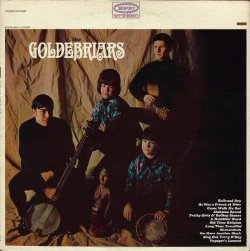
One of the pleasures of digging around through old vinyl for Elsewhere's pages From the Vaults is in discovering the occasional overlooked classic, the rare or the just plain peculiar.
Rummaging through discount bins takes time but there are often cheap rewards, in this case very cheap.
What attracted me to this $3 album wasn't just the fact the two women were wearing kimonos and had pudding bowl haircuts "like some cat from Japan" as David Bowie would later sing. Nor was it what looked like an oversized banjo.
It was the strange wooden statue which seemed to be an integral part of the picture.
The statue was called Jezebel and had been gifted to the group by the father of guitarist Ron Neilson who had picked it up in the Marshall Islands.
Described in the notes as "terrifically ugly", she was a member of the group of sorts.
And reading the liner notes we find that one of the band members was Curt Boettcher (here as "Kurt") who has received a prior passing mention at From the Vaults (here).
"She's our silent partner," said Boettcher of the statue. "We named her Jezebel because she's so seductive. Everywhere we go, Jezebel goes with us."
Apparently the Goldebriars recorded two obscure albums for Epic in the early Sixties (this was the first) but it's what happened thereafter which is of interest.
Boettcher -- who insisted the group wear Japanese wooden sandals also because he needed the height -- wrote and arranged the group's traditional folk material (Old Time Religion, Shenandoah, No More Auction Block etc) and also wrote two songs, Pretty Girls And Rolling Stones and Sing Out Terry O'Day.
He said his music drew on English and Appalachian melodies, but also jazz, classical music, rock and roll and the Kabuki music he has studied in Japan.
Interesting guy -- and after Goldebriars broke up he went into production and songwriting for the likes of Tommy Roe (of Dizzy and Sweet Pea fame) and, more significantly, the close harmony summershine pop of the Association (he's the lead singer on their hit Along Came Mary).
An influence on Brian Wilson whom he met in '66, along with producer Gary Usher, Boettcher then formed the little known but influential group Millennium and later worked with (again acclaimed but commercially unsuccessful) Sagittarius about whom we have an interesting entry.
There is a significant entry on Boettcher's career here and there is a complete list of his extensive discography here which has many impressive and much better known names.
Oddly enough, for their folk-rock the barely known Goldebriars are something of a cult act in Japan (?) and their story was told by Dotti in a CD-Rom book about five years ago . . . and she wrote of Boettcher's highly eccentric behaviour even back then.
Boettcher is an interesting footnote in the story of the Beach Boys and the sunshine pop of California and everyone has to start somewhere.
He started with the Goldebriars and this song.
.
For more on-offs or songs with an interesting back-story see From the Vaults

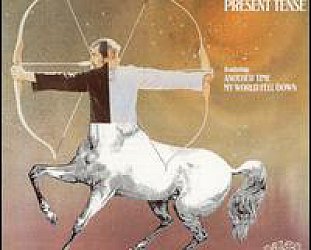

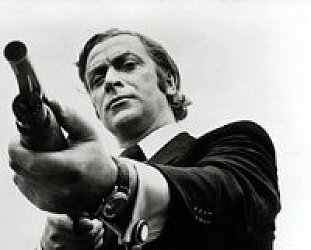
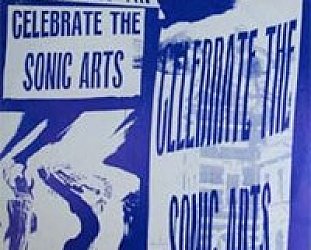
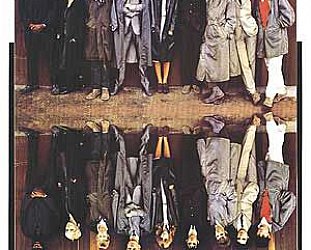
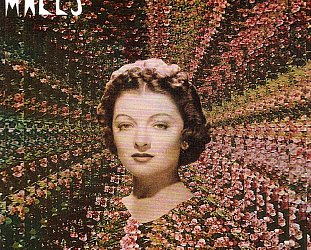
post a comment